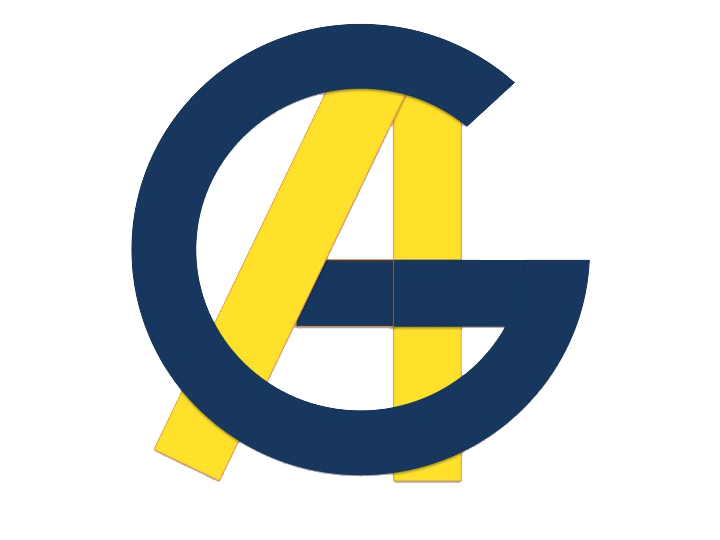6410 W. Gulf To Lake Hwy
Crystal River, FL 34429
352-563-2450
3653 E. Forest Drive
Inverness, FL 34452
Note: Please call during open hours to make appointments or submit information here, allow up to 48hrs for calls/messages to be returned.
Opening Hours:
MON 8:00am – 4:00pm
TUES 8:00am – 4:00pm
WED 8:00am – 4:00pm
THUR 8:00am – 4:00pm
FRI 8:00am – 4:00pm
SAT/SUN CLOSED
Constipation
What is Constipation?
Constipation is one of the most common digestive complaints and affects all ages in the United States. It is defined by a decrease in stool frequency along with difficulty passing stool. Constipation is generally described as having less than three bowel movements per week, however, constipation can also be defined by symptoms that include straining, painful defecation, or having stools that are “too hard” or “too small” that make defecation difficult.
Occasional constipation is common and typically a result of things such as dehydration, low-fiber diet, inactivity, pregnancy, recent traveling, stress, or medication side effects. If constipation becomes chronic or begins interfering with your ability to go about your daily tasks, it may be time to seek medical attention for further evaluation and to discuss treatment options based on your symptoms.
What are the symptoms of Constipation?
-
Having fewer than three bowel movements per week.
-
Stools that are hard, small, lumpy, and dry.
-
Difficulty passing stool or excessive straining.
-
Feeling that not all stool has passed.
What causes Constipation?
Constipation most commonly occurs when stool moves too slowly as it passes through the digestive tract, known as slow transit. When the stool moves slowly, too much water is absorbed from the stool making it hard and dry. Dehydration, changes in diet, inactivity, and certain medications are frequently to blame for slow transit. A multitude of medications, such as antidepressants, iron, opioids, calcium channel blockers, and nonsteroidal anti-inflammatory drugs can contribute to constipation.
However, some diseases can cause slow transit of stool as well. These include but are not limited to: neurologic disorders (Stroke, Parkinson’s Disease), metabolic disorders (Diabetes), endocrine disorders (Thyroid problems), chronic pain (Use of opiates), and colorectal cancer.
Some may also suffer from dyssynergic defecation, which is a dysfunction of the pelvic and anal muscles that can contribute to or cause constipation. Pregnancy and childbirth can damage the pelvic nerves and muscles causing this condition, as well as certain back/spine conditions that affect the spinal nerves that control your bladder and bowel movements. Sometimes a combination of poor diet, slow transit, and pelvic floor dysfunction occurs.
Complications of Constipation?
Complications that may arise from constipation include:
-
Fecal impaction/bowel obstruction that results from an accumulation of hard stool that gets stuck in your rectum or intestines.
-
Rectal prolapse is when some of your intestines protrude from the anus due to excessive straining.
-
Anal fissures, or small tears around the anus, can result from large or hard stool passing.
-
Hemorrhoids, which are swollen veins in your rectum that result from excessive straining in order to have a bowel movement.
How is Constipation diagnosed?
A doctor will rely on a personal account of your constipation symptoms when making a diagnosis. A doctor may also need further examination which may include:
-
Rectal examination to determine if stool is impacted (stuck) in the rectum.
-
Testing the stool for occult (hidden) blood.
-
Sitz Marker Study to assess for slow colonic transit of stool by tracking tiny markers that are swallowedto see how fast food moves through your intestines over a few days.
-
Anorectal manometry to assess rectal sensation and muscle coordination and diagnose dyssynergic defecation.
-
Colonoscopy to get a view of the entire large intestine and take biopsies if needed.
-
If your doctor is concerned with a possible bowel obstruction due to the severity of symptoms they may order an X-ray of the abdomen for further evaluation.
What are the treatment options?
First steps in treating constipation are typically conservative in nature. This includes increasing the intake of fluids, becoming more active, and increasing fiber in your diet. Prunes, whole grain breads, and high fiber cereals are an excellent source of fiber.
If changes in diet and lifestyle are insufficient your doctor will start with bulking agents, such as psyllium (metamucil) and methylcellulose (citrucel). They help hold water in the stool and add bulk to it. These bulking agents are available over the counter, typically in a powder form, and should be taken with plenty of fluids. The idea is that the increased bulk of the stool may help the large intestine stimulate the natural contractions it needs to help pass stool along. Another advantage to using bulking agents is that they are safe to use long term. Stool softeners are sometimes needed if bulking agents are not enough. You can add stool softeners to your regimen like Ducusate to help bring water and fats into the stool.
Laxatives should be considered if constipation persists after trying a high fiber-diet, along with lifestyle changes and bulking agents.
Osmotic laxatives typically consist of salts or sugars that are poorly absorbable but draw large amounts of water in the large intestine and keep it in your colon, making the stool soft and loose. Osmotic laxatives like milk of magnesia, lactulose, sorbitol, and polyethylene glycol (Miralax) are common examples. Stimulant laxatives stimulate the walls of your large intestine to contract. Examples include Bisacodyl, and Senna. Prokinetics and secretagogues are the next steps when osmotic or stimulants are unable to control constipation.
Prokinetic laxatives, such as metoclopramide are used to increase the frequency of contractions in the intestine to enhance motility. Secretagogues like linaclotide can occasionally cause diarrhea and should be used in severe cases of constipation. These medications are only available by prescription.
Always consult with your doctor before starting any new medications as there are side effects to any medication. Your doctor will recommend the treatment option that best suits you and your symptoms.
Resources:
https://www.ncbi.nlm.nih.gov/books/NBK537246/
UpToDate
